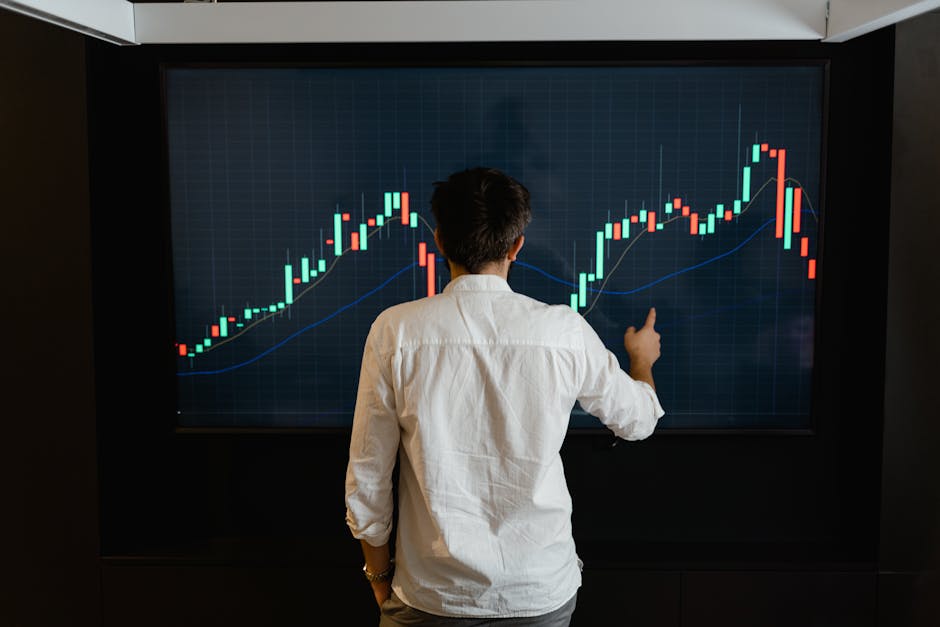In a bold move to recalibrate Brazil’s public finances, the Ministry of Finance has green-lighted a significant policy shift that will see the Gross Gaming Revenue (GGR) tax rate for betting companies surge from 12% to an ambitious 18%. This decision was finalized on a pivotal Sunday evening, marking a strategic pivot by President Lula da Silva and his PT administration in their quest to stabilize the nation’s economic landscape.
The spotlight first shone on this development through an exclusive report by SBC Notícias Brazil, revealing the government’s decision to sidestep its earlier plan to increase the Financial Transactions Tax (IOF) from a modest 0.38% to a steep 3.5%. This initial proposal met with staunch resistance from both the Central Bank and congressional heavyweights, who voiced concerns over potential inflationary spirals and dampening investor sentiments.
Finance Minister Fer

nando Haddad took center stage in articulating this strategic redirection towards the betting industry. He emphasized that this maneuver would not only recalibrate but also refine the IOF decree to emphasize regulatory dimensions. This adjustment is poised to dial back the originally proposed tax rates, promoting a more balanced fiscal framework.
Brazil’s regulated betting marketplace, boasting an estimated R$2.8 billion in monthly turnovers, emerges as a pragmatic fiscal instrument against this backdrop. The sector has already demonstrated its financial muscle by contributing R$755 million in fixed-odds betting tax and an impressive R$2.4 billion in license fees between February and April alone.
However, this announcement has not been warmly received across all quarters of the industry. A swift backlash was felt, particularly from key players like the Instituto Brasileiro de Jogo Responsável (IBJR) and the Associação Nacional de Jogos e Loterias (ANJL). These organizations have raised alarms over the cumulative tax burden potentially exceeding 35%, factoring in corporate, municipal, and social contribution taxes—a scenario they argue could throttle market growth and embolden illegal operators.
A technical briefing shared with lawmakers by ANJL starkly critiqued the measure as counterproductive, cautioning against potential market shrinkage and the unintended boon for underground betting rings.
Despite its immediate enactment, this Provisional Measure hangs in balance; it must secure Congress’s endorsement within 120 days to cement its place in Brazil’s legislative framework permanently. As developments unfold, SBC Notícias Brazil remains at the forefront of monitoring how these changes will sculpt the contours of Brazil’s nascent but rapidly evolving regulated betting sector.










Leave a Reply